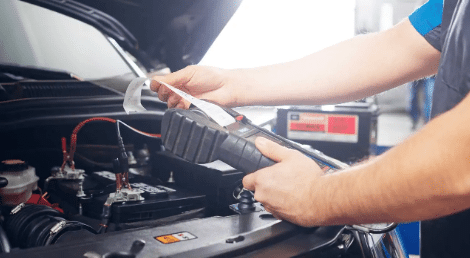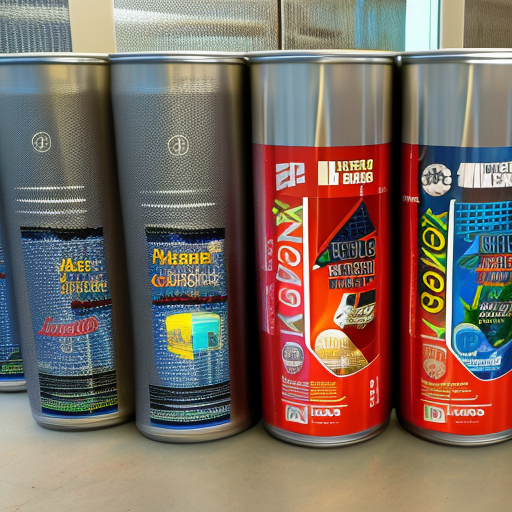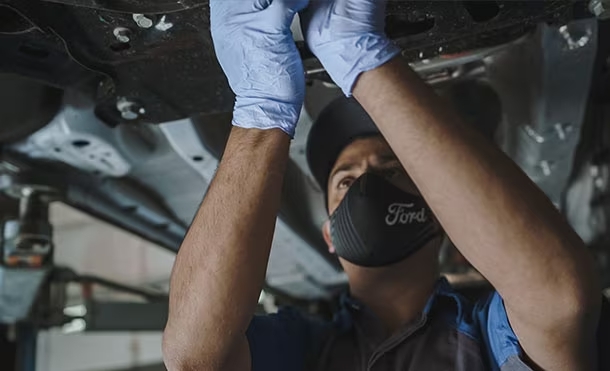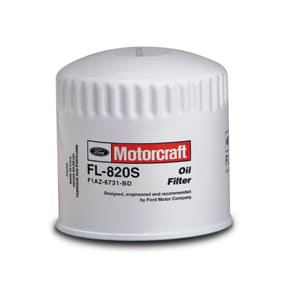services
The Importance of Regular Car Maintenance
Owning a car comes with the responsibility of regular maintenance to ensure its longevity, reliability, and optimal performance. Regular car maintenance not only prevents costly repairs but also enhances safety on the road. In this article, we will explore various aspects of car maintenance, including regular check-ups, oil changes, tire rotations, and other crucial tasks that every car owner should prioritize.
- Regular Check-ups
Regular check-ups are the foundation of effective car maintenance. They involve a thorough inspection of your vehicle to identify any potential issues before they escalate into major problems. During these check-ups, a professional technician will examine the engine, brakes, suspension, exhaust system, and other vital components. They will also check fluid levels, filters, belts, and hoses. By addressing minor issues promptly, you can prevent them from developing into more significant and expensive repairs.
- Oil Changes
Regular oil changes are crucial for maintaining engine health and performance. Engine oil lubricates the moving parts, reduces friction, and helps dissipate heat. Over time, oil breaks down and becomes contaminated with dirt and debris, losing its effectiveness. Neglecting oil changes can lead to engine damage and reduced fuel efficiency. Follow the manufacturer’s recommendations for oil change intervals, and use the appropriate oil viscosity for your vehicle.
- Tire Rotations
Tire rotations involve moving the tires from one position to another to ensure even wear. Front-wheel-drive vehicles tend to wear out the front tires faster, while rear-wheel-drive vehicles wear out the rear tires more quickly. By rotating the tires regularly, you can extend their lifespan, improve traction, and maintain balanced handling. Aim to rotate your tires every 8,000 to 12,000 kilometers or as recommended by your vehicle’s manufacturer.
- Air Filter Replacement
The air filter prevents dirt, dust, and debris from entering the engine, ensuring clean airflow. Over time, the filter becomes clogged, reducing engine performance and fuel efficiency. Regularly replacing the air filter, typically every 19,000 to 24,000 kilometers, will help maintain optimal engine efficiency and extend its lifespan.
- Brake Inspections
Brakes are a critical safety component of any vehicle. Regular brake inspections are essential to ensure they are functioning correctly. A trained technician can check the brake pads, rotors, calipers, and brake fluid levels to identify any signs of wear or damage. Prompt brake maintenance not only ensures your safety but also prevents more severe issues that may arise from neglected brake components.
- Battery Maintenance
The battery provides electrical power to start your vehicle and operate various electrical systems. Over time, battery terminals can become corroded, affecting the electrical connection. Regularly inspecting and cleaning the battery terminals can prevent starting issues and ensure reliable performance. Additionally, check the battery’s fluid level and consider a battery load test to assess its overall health.
Regular car maintenance
Regular car maintenance is crucial for ensuring the longevity, reliability, and safety of your vehicle. By prioritizing regular check-ups, oil changes, tire rotations, and other essential tasks, you can prevent costly repairs, improve fuel efficiency, and enhance overall vehicle performance. Remember to follow the manufacturer’s recommended maintenance schedule and seek professional assistance when needed. By investing in proper car maintenance, you can enjoy the benefits of a well-maintained vehicle for years to come.





